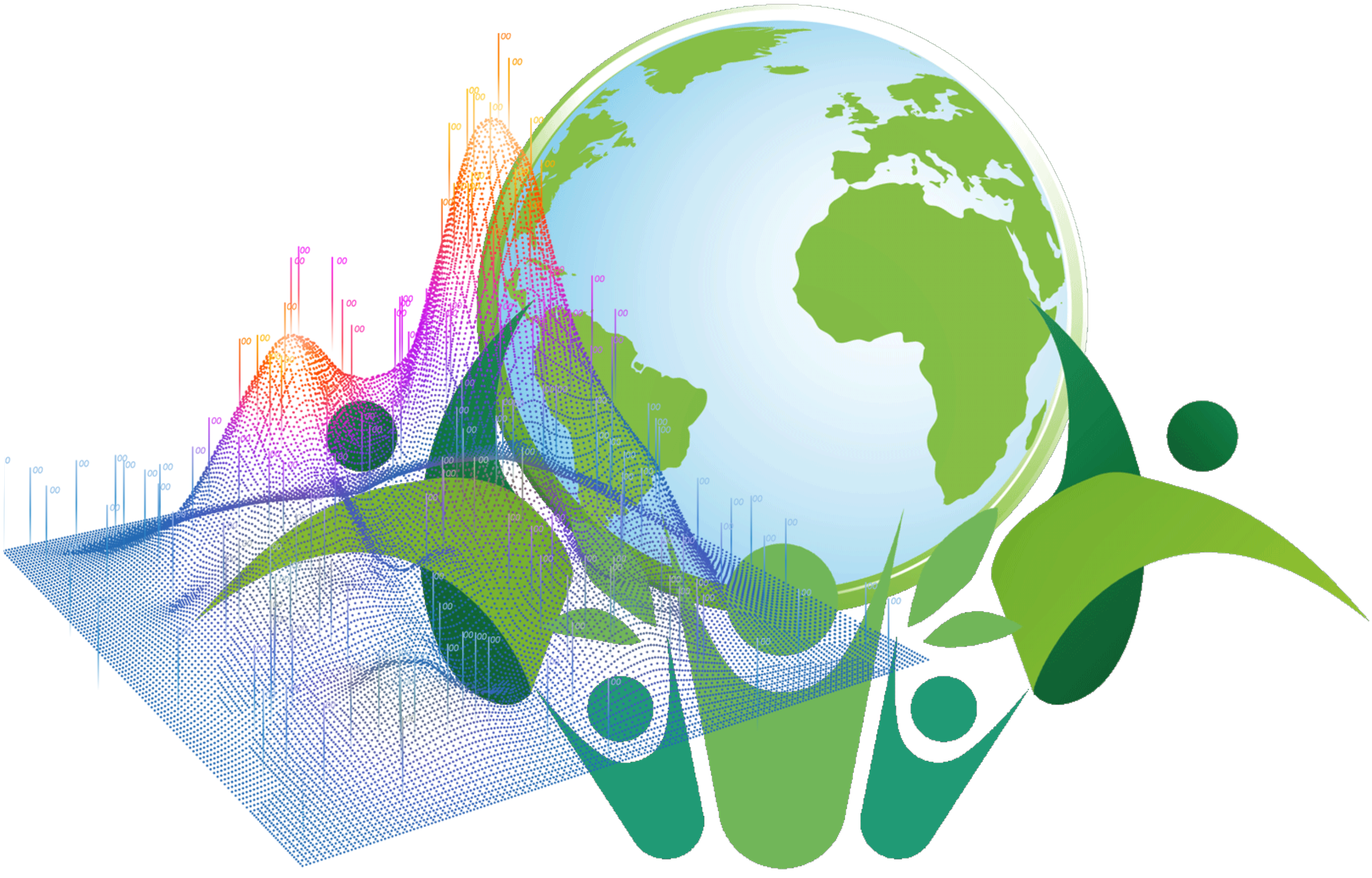
27th of February 09:00-12:00 (CET)
28th of February 09:00-12:00 (CET)
1st of March 09:00-12:00 (CET)
2st of March 13:30-16:30 (CET)
Online
Free
Certificate upon completing the course
Module 1
Record of the lecture (part1)
Record of the lecture (part2)
Teaching materials
Module 2
Module 3
Record of the lecture (part1)
Record of the lecture (part2)
Teaching materials
Exercises
Module 4
Record of the lecture (part1)
Record of the lecture (part2)
Teaching materials
Workshop objectives
- Generating new ideas based on circular economy.
- Understanding problem solving techniques to tackle ordinary and complex problems.
- Helping students to make the best decisions with available information and choosing the best course of action to take.
- Enhancing students to choose between several courses of action which affects sustainability business ideas.

Workshop methodology
- Contents of the course will be presented and explained, introducing and outlining creativity, problem solving and decision-making topics.
- Furthermore, students will work either alone or in groups to generate both responses and find solutions with regard to practical assignments which will be presented in class.
ASSESSMENT:
Students will interact and participate within groups to defend their responses by showing accurate knowledge of the contents explained in class. In order to pass this subject, 60% of the attendance will be mandatory.
For those of you who had not attended classes properly, would have a choice to review online recorded contents and submit the practical assignments for the next day.
Workshop contents
1.- Creativity tools
1.1.- Creativity based on circular economy business ideas
1.2.- Brainstorming
1.3.- Lateral thinking
1.4.- Six thinking hats
2.- Problem-solving techniques
2.1.- Solving techniques to tackle circular economy problems
2.2.- Getting the root of a problem
2.3.- Breaking problems down into manageable parts
2.4.- Identifying the likely causes of problems
2.5.- Widening the search for solutions
- 3.- Decision-making techniques
- 3.1.- Decision-making which affects sustainability and circular economy
- 3.2.- Helping you to choose several courses of action
- 3.3.- Critical thinking
- 3.4.- Decision making under certain risk and uncertainty
- 3.5.- Decision making paralysis


Antonio Antón Baeza. Associate professor of the Department of Business and Management. Faculty of Economics. University of Alicante.(Spain). Human resources consultant.
Antonio Antón Baeza. Associate professor of the Department of Business and Management. Faculty of Economics. University of Alicante.(Spain).Human resources consultant.

